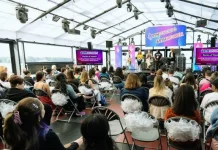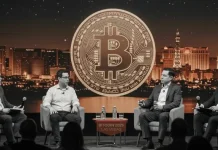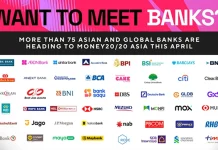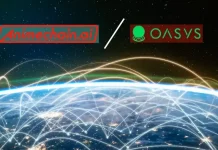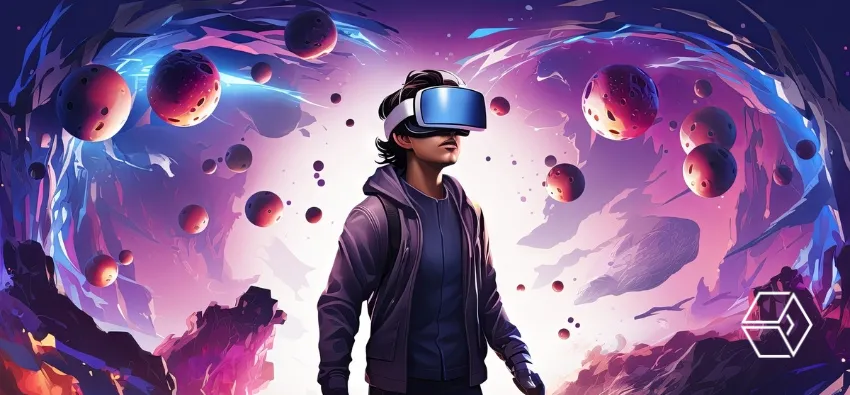
Metaverse is frequently depicted as an interactive and activity-filled virtual environment where individuals can engage in conversation. Its true significance goes far beyond the fact that it became well-known through science fiction stories and films. The Metaverse is an integrated system composed of augmented reality, virtual realms, and the internet. This shared space allows the possibility of developing more immersive experiences by integrating physical and digital reality. With the ongoing advancement of technology, the Metaverse is finding applications that extend beyond gaming and other sectors. It has the potential to revolutionize digital communication in the coming years.
Tokyo’s Community Launch on Roblox
To promote the tourism sector and attract global interest, the Tokyo Metropolitan Government has implemented a novel strategy by introducing “Hello! Tokyo Friends” within the immensely popular global gaming platform Roblox. This interactive mechanism serves as more than a mere reflection of the city; it also functions as a virtual Tokyo that attracts visitors from around the globe.
The primary strategy employed to enhance user engagement in the virtual Tokyo experience involves its division into two discrete sections, namely “Treasure Hunt” and “Modern Tokyo.” One may navigate the initial segment, which depicts a city magnificently embellished with renowned landmarks including Tokyo Tower and Tokyo Station, among others. The “Treasure Hunt” portion of the second module employs an interactive gaming framework in which students gain knowledge about Tokyo through the completion of challenges that award tokens. The Roblox systems utilize these jewels as their currency. These objects have the potential to enhance the overall user experience by unlocking them; thus, they serve as a motivating factor for sustained engagement and participation.
Building Tokyo’s Metaverse Community
The Metaverse platform provides an extensive collection of tools for customizing and distinguishing individual avatars in conjunction with virtual environments, empowering users to essentially design their own digital surroundings. The game offers the aforementioned inventive feature found in “Hello! Tokyo Friends” that allows players to become completely engrossed in the digital city twinning; consequently, they will develop an increasing sense of attachment to it.
Virtual Tokyo recreates the initial encounter that closely resembles the real world by incorporating cultural details and recognizable symbols. Consequently, this initiative imparts knowledge to tourists regarding the topography and cultural legacy of Tokyo, potentially inspiring them to embark on a personal journey to these destinations.
The digital environment presents an unprecedented opportunity for content creators and small enterprises to expose their products to a significantly larger audience. By participating in digital Tokyo, they can spread their virtual tour, merchandise, and experience globally, facilitating connections with individuals from every corner of the globe. This may result in tangible tangible benefits within the virtual realm. Moreover, collaboration with other creators on exclusive initiatives within the Metaverse can increase their audience reach and magnitude of influence.
Conclusion
The Tokyo community on Roblox represents a paradigm shift for brands and cities, as they are able to utilize the metaverse as a game environment that transcends the limitations of the gaming world. By transforming a segment of the Roblox platform into the entrance to Tokyo, the application not only promotes the city but also creates an opportunity for an innovative form of cultural exchange and generates revenue in the digital realm.
The metaverse’s future presents vast opportunities for diverse fields of endeavor. This innovation has the potential to bring about a significant transformation in the field of education through the facilitation of interactive and immersive learning, improve remote work by offering more dynamic and engaging virtual workspaces, and stimulate innovation in the tourism industry by supplementing physical travel with virtual experiences.
As a growing number of entities endeavor to establish their influence in the metaverse, one can anticipate a thriving ecosystem where the virtual and physical domains converge harmoniously to benefit both a friendly user community and the greater good of humanity. A tangible manifestation of this future is apparent even on the modest Roblox platform, where Tokyo, the global capital, is the leader in the metaverse for business purposes and not just entertainment.



